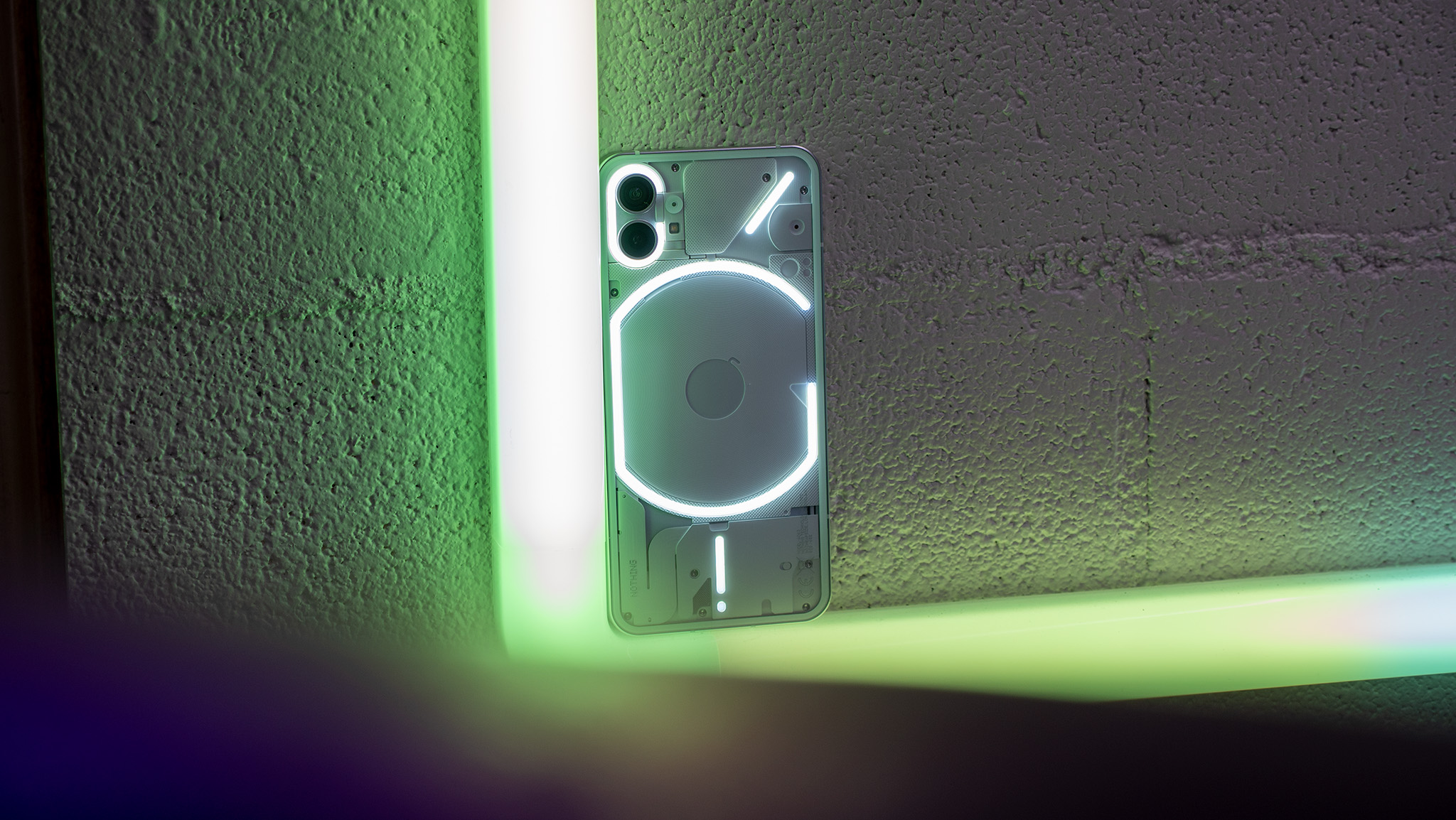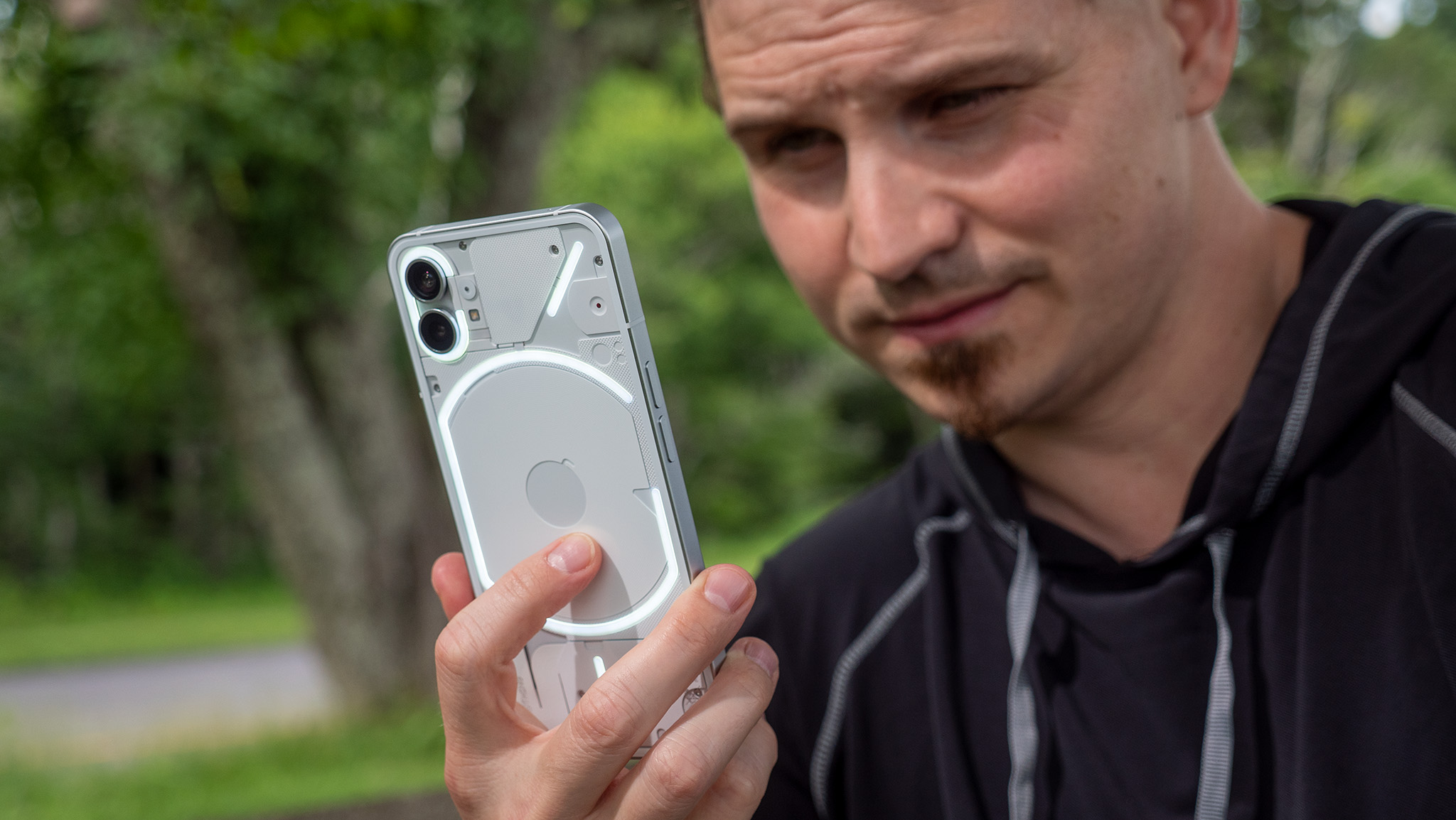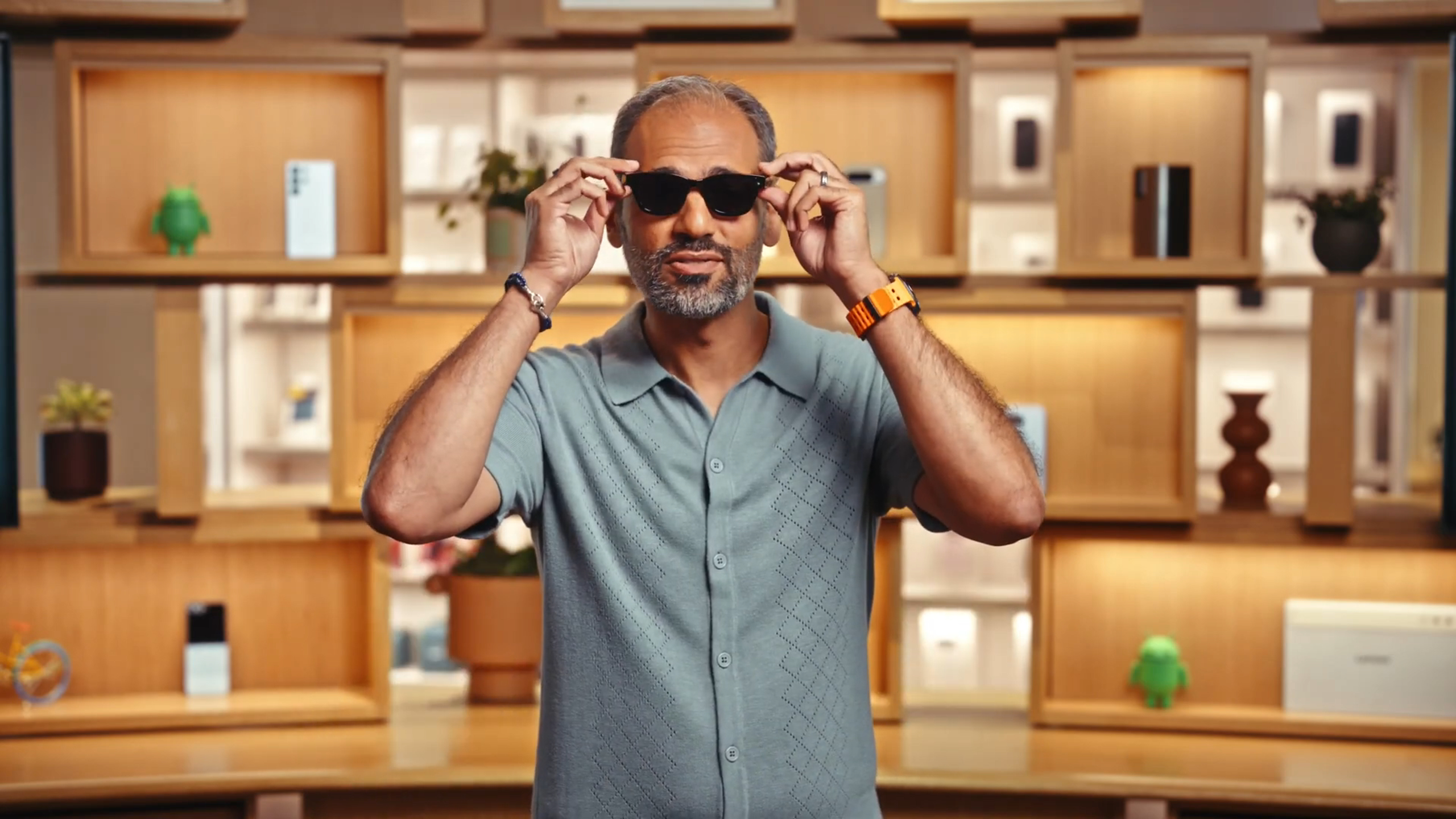The Nothing Phone (2) doesn't need a US release
It's basically impossible to break into the premium segment in North America.

If you read any review for the Nothing Phone (1) last Fall, you'll notice several similar threads that run through each one. While the phone offered little in the way of extra features or huge selling points, it came in as an excellent option for the price. In most cases, it exceeded expectations based on the specs. But everyone seemed to clamor for one big thing: proper network support in the U.S.
But here's the thing. While it'll be great to see a Nothing Phone (2) with U.S. network support — that much was confirmed this week — Nothing absolutely shouldn't go out of its way to promote the phone on this side of The Pond. I wrote as much about it last year and the landscape hasn't changed at all since then.
Carriers rule the roost in the U.S. and, unless you're willing to play ball with them and strike some kind of deal, you probably won't see much success by simply selling an unlocked phone, even if it's a killer deal like the Nothing Phone (1) is for $299.
But founder of the company, Carl Pei, told Inverse in an interview this week that the company was ready to do exactly that. What's more, Nothing is looking to release a more premium smartphone this time around, meaning the Nothing Phone (2) will go head-to-head with Google, Samsung, Apple, OnePlus, and maybe Motorola if they actually make something worth buying.
Premium in the U.S. isn't a winning strategy, and that's been proven time and time again by plenty of other manufacturers
But this isn't a winning strategy, and that's been proven time and time again by plenty of other manufacturers. While the Nothing Phone (1) certainly is an interesting device to look at — and I don't doubt Pei's team's ability to come up with something just as interesting for its second device — the company will have to have something Earth-shattering up its sleeve to make a dent in the premium market segment.
Even then, I don't see this going well for the fledgling start-up company.
Mid-range for the win

In my estimation, the Nothing Phone (1) did well enough for two main reasons: hype, and price. The phone we normally recommend in the $450 price range is the Google Pixel 6a. But the Pixel 6a is only available in about a dozen countries, while Nothing Phone (1) is available in over 40.
Get the latest news from Android Central, your trusted companion in the world of Android
At the same price and with greater availability, it's no wonder Nothing rode the hype train to a soft victory. We don't know exactly how many phones Nothing has sold since launch but early reports in strategically important countries like India were certainly positive.
The mid-range segment is the best place for a small company to win big with a new phone.
Making a good phone for $450 is a difficult task. Not only do you have to pick and choose which hardware specs you'll have to compromise on — Google got lots of flak for choosing a 60Hz display, for instance — but then you'll still somehow have to make enough money off the endeavor to support that hardware for at least three years of major OS updates. Anything less these days and you might as well just quit now.
But, despite the difficulties the mid-range segment poses, it's the best place for a small company to win big with a new phone. For the most part, U.S. consumers only buy premium phones when they carry the Samsung or Apple branding. Even then, most of that pie goes to Apple with other brands picking up the lion's share of sales via the best cheap Android phones.
Trying to compete in the premium segment, especially at a premium price, is a losing proposition. OnePlus —the previous company that Pei helmed — tried the strategy and has only seen nominal success. The upcoming OnePlus 11 likely won't change that much, if at all, even with OnePlus's partnership with T-Mobile and the phone's ability to support all U.S. carriers.
So why, with this knowledge, would Nothing be crazy enough to try to make the Nothing Phone (2) a "more premium device" as Pei specifically said? I'm not entirely sure, and I'm also not entirely sure that Nothing knows, either.
Phone deals: Best Buy | Walmart | Samsung | Amazon | Verizon | AT&T

